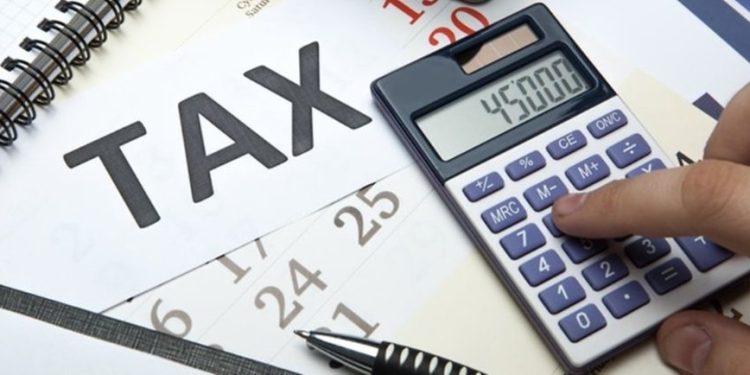The Federal Government of Nigeria has proposed a significant reform in its tax collection process, allowing taxpayers the option to pay their taxes in instalments. This initiative is part of the Nigeria Tax Bill 2024, which was recently submitted to the National Assembly for review and approval. The proposed bill introduces a flexible payment structure, enabling taxpayers to either pay a lump sum or spread their payments over time, provided all instalments are cleared before the filing deadline.
A key component of the bill is the creation of a special account managed by the Accountant-General of the Federation, dedicated to facilitating tax refunds for overpayments. This is expected to improve transparency and efficiency in the tax system, ensuring timely refunds to taxpayers.
Broader Tax Reforms
The bill is part of a broader tax reform package spearheaded by the Presidential Fiscal Policy and Tax Reforms Committee, led by Taiwo Oyedele. The reforms are designed to enhance the efficiency of tax collection in Nigeria. They include streamlining the role of various agencies, such as the Nigerian Customs Service and Nigerian Ports Authority, and consolidating revenue collection under a new Nigeria Revenue Service.
Additionally, the reforms propose the establishment of a tax tribunal and an ombudsman to resolve disputes and ensure fairness in the tax system.
Flexible Payment Structure
Section 48 of the bill outlines the proposed instalment-based tax payment system, stating that individuals and businesses can pay their taxes in equal monthly instalments. The first payment is due by the third month of the accounting period, with subsequent instalments due at the end of each month. The final instalment must be made on or before the due date for filing tax returns.
The system is designed to reduce the financial burden on taxpayers, providing greater flexibility in managing their tax obligations.
Tax Refund Mechanism
The proposed tax refund system is another significant feature of the bill. It stipulates that any excess tax paid by a taxpayer, as determined by a tax audit, must be refunded within 90 days. The refunds will be handled through dedicated accounts managed by the Accountant-General of the Federation or state officials.
This refund mechanism is expected to improve taxpayer confidence in the system, ensuring that overpayments are promptly returned or applied to future tax liabilities.
Revenue Distribution
The bill also addresses the distribution of revenue generated from value-added tax (VAT). Under the proposed system, 10% of VAT revenue will go to the Federal Government, 55% to state governments and the Federal Capital Territory, and 35% to local governments. Additionally, 60% of the revenue allocated to states and local governments will be distributed based on derivation, ensuring that regions contributing more to VAT collection receive a larger share of the revenue.
What to Expect
If passed, the Nigeria Tax Bill 2024 will introduce a more taxpayer-friendly system that balances the need for effective revenue collection with flexibility for taxpayers. The instalment-based payment option is expected to ease the burden on businesses and individuals, while the dedicated tax refund system will improve transparency and fairness.
These reforms are part of the government’s broader efforts to modernize Nigeria’s tax system and enhance revenue generation for sustainable economic growth.










